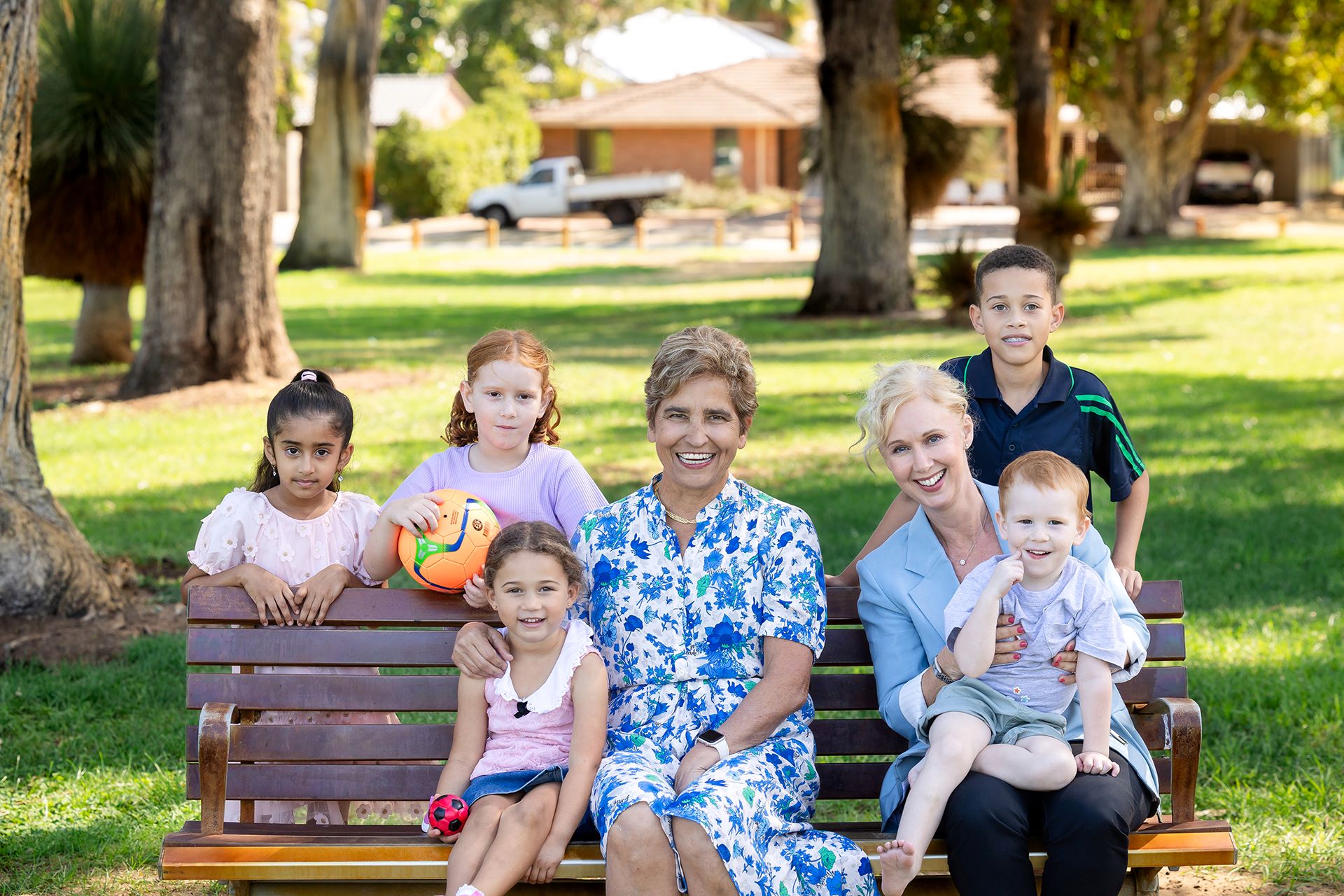Local Research. Global Impact.
ORIGINS is the largest study of its kind in Australia. Following 10,000 WA children from their time in the womb into early childhood, ORIGINS researchers are working to better understand how the early environment impacts the development of non-communicable diseases.
The unique long-term study is one of the most comprehensive studies of pregnant women and their families in Australia, recruiting families who received pregnancy care at , as well as families from the Joondalup and Wanneroo communities.
ORIGINS researchers are collecting detailed information from our participating families via questionnaires, in-person checks and collection of biological samples, to determine how the early environment influences the risk of a broad range of diseases, including asthma, allergies, mental health and neurodevelopmental disorders.
The total ORIGINS population will consist of more than 20,000 individuals within family units - including mothers, partners, children and siblings.
ORIGINS acknowledges core funding provided by the Telethon Perth Children’s Hospital Research Fund, Joondalup Health Campus, the Paul Ramsay Foundation, the Commonwealth Government of Australia through the Channel 7 Telethon Trust, and the Stan Perron Charitable Foundation.
Team leader

BSc (Hons), PGradDipHlthProm, PhD
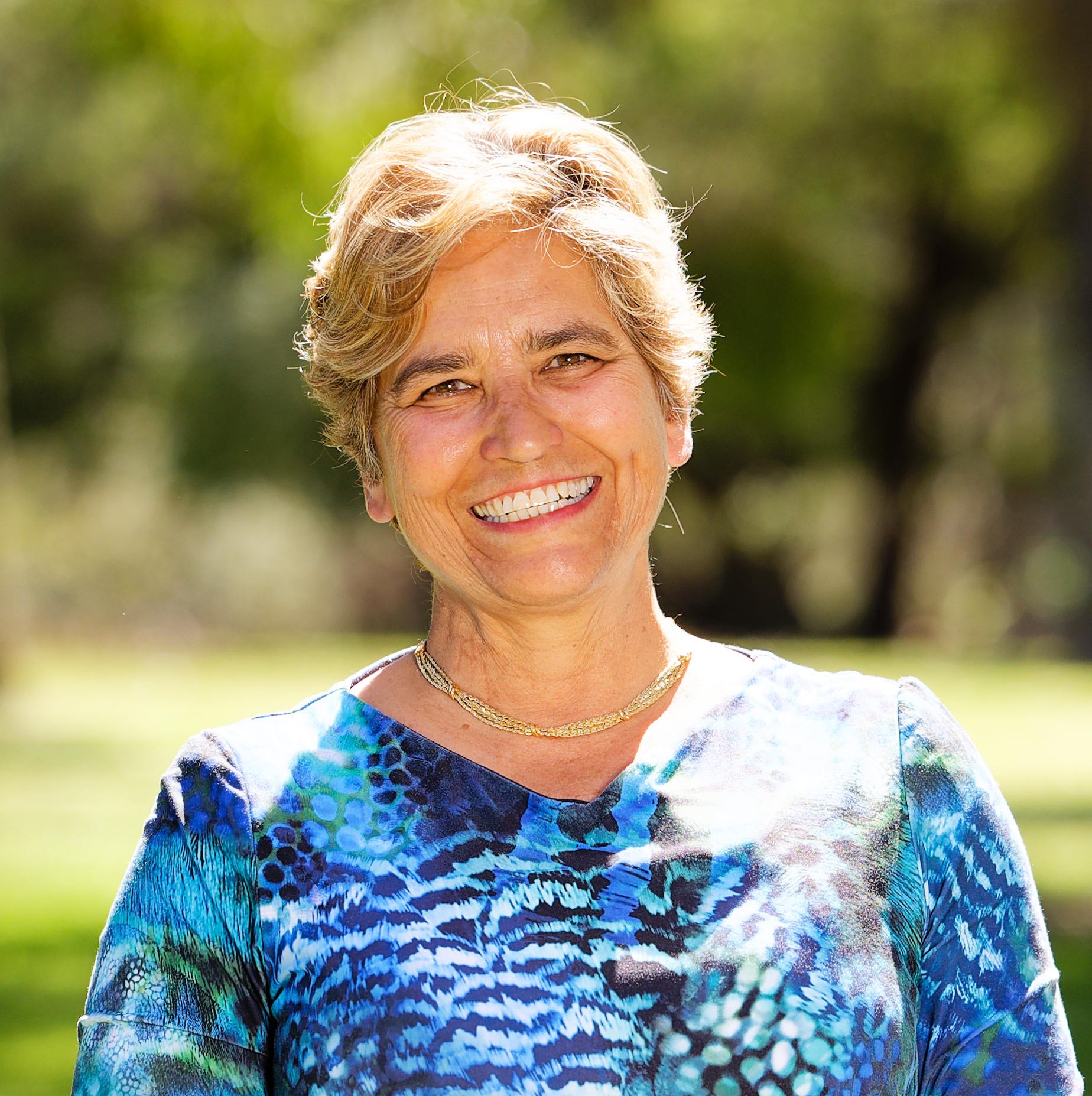
MBBS, FRACP, MPH, PhD
Co-Director, ORIGINS
Team members (34)

BA (Hons), MPsych, PhD
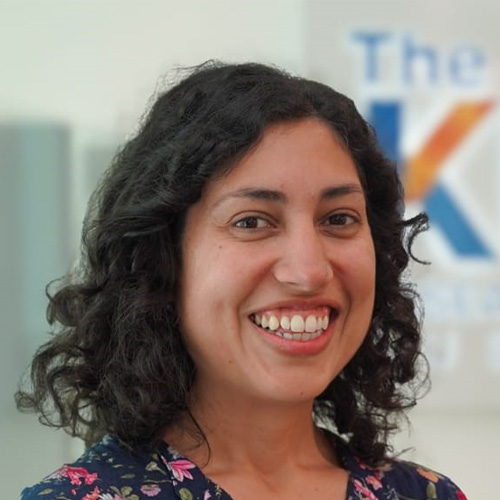
BSc(Hons), MPsych/PhD
Senior Research Fellow
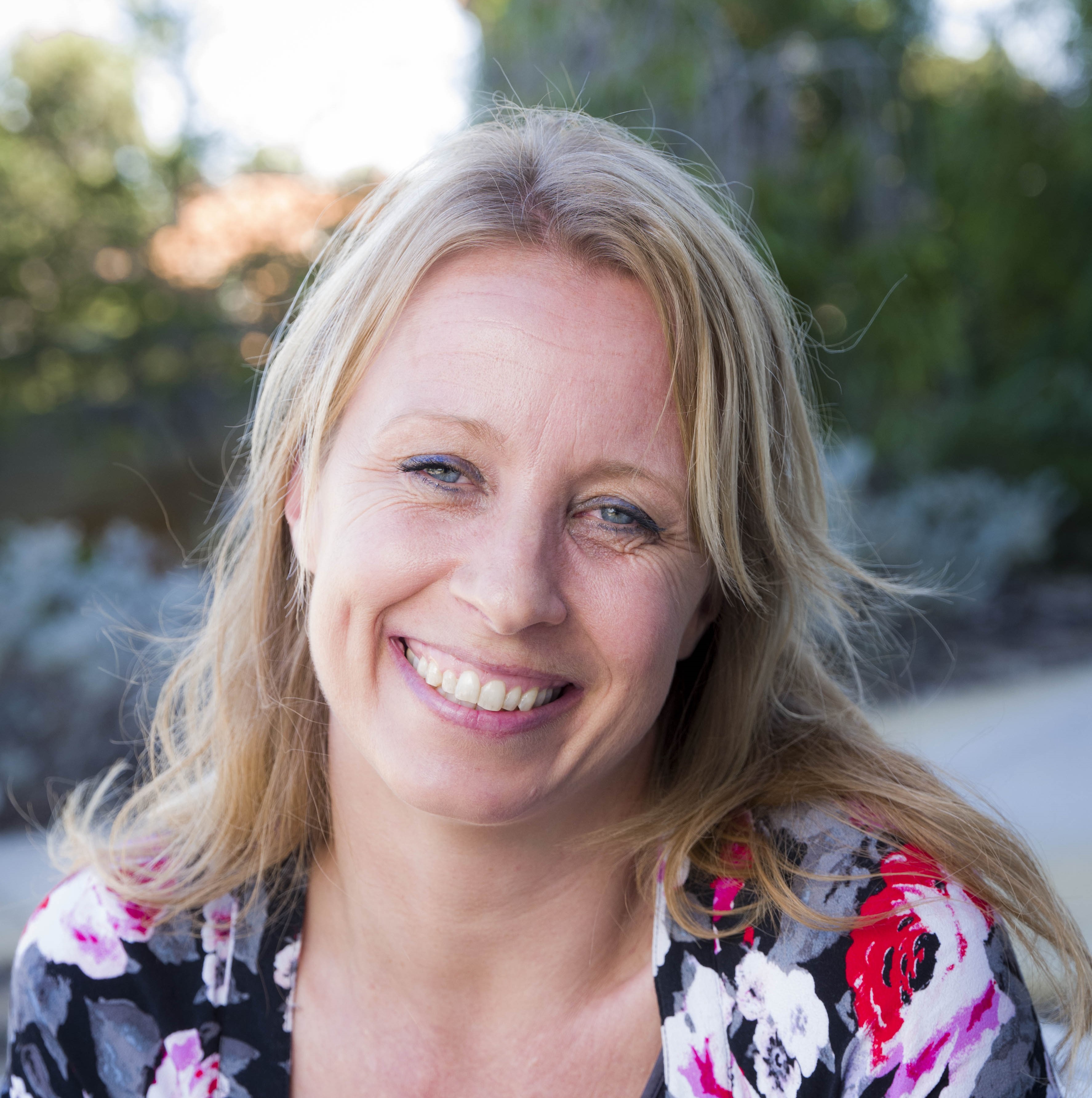
Nina D'Vaz
Biobank Manager, ORIGINS

Avril Bezant
BSc, Master of Bioinformatics
Research Assistant

Bailee Renouf
BSc (Hons) Biomedical Science
Research Assistant
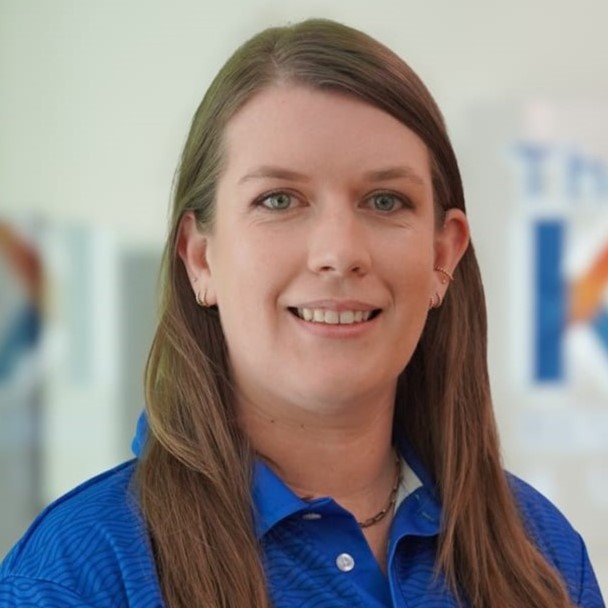
Courtney Kidd
BSc, MSc (Biotechnology: Genetics and Genomics)
Biobank Coordinator
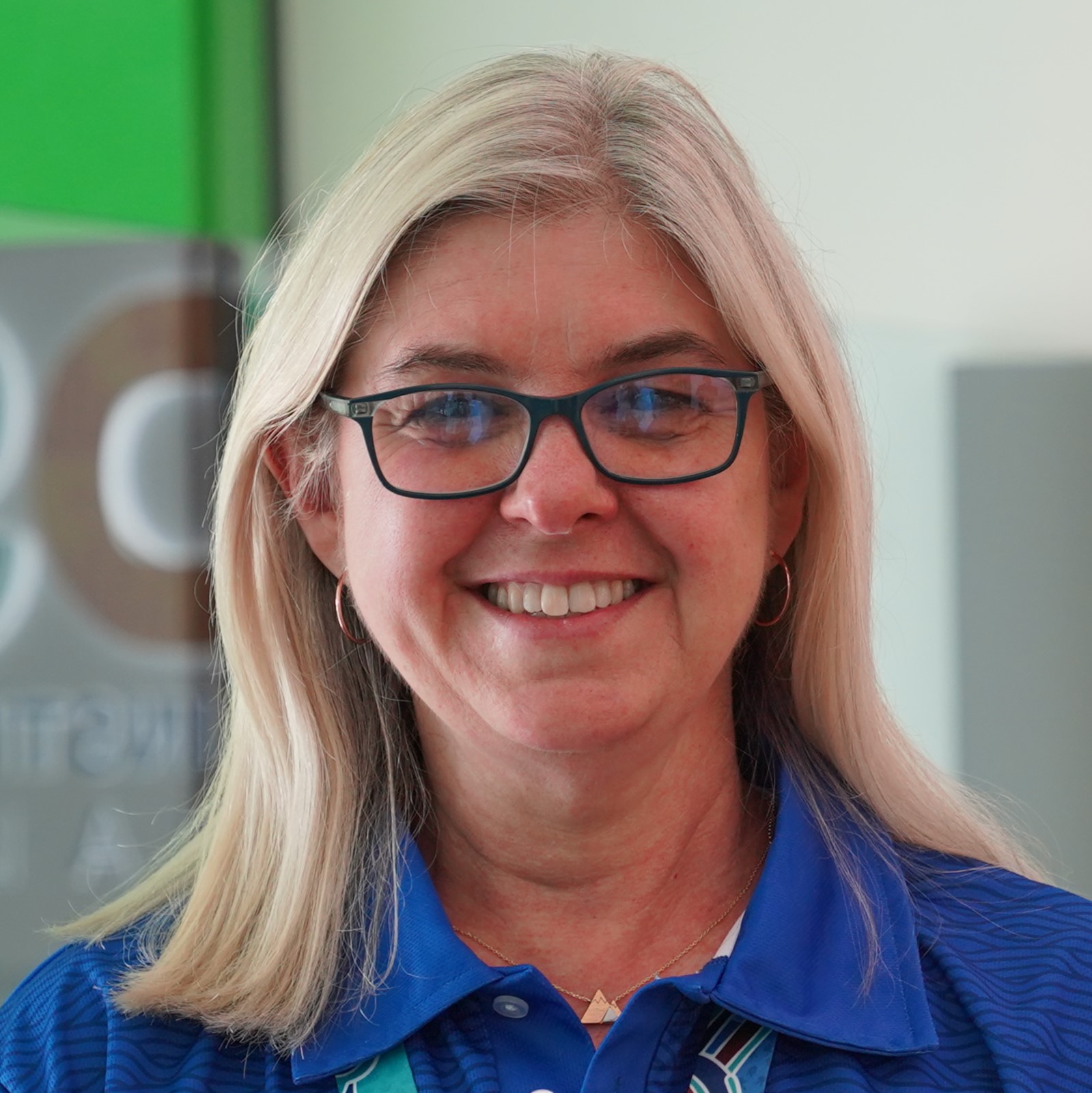
Jo Cole
BPsych, DipEd
Project Coordinator, STARS for Kids

Jodie Leslie
Research Assistant

Lisa Porter
Honorary Team Member
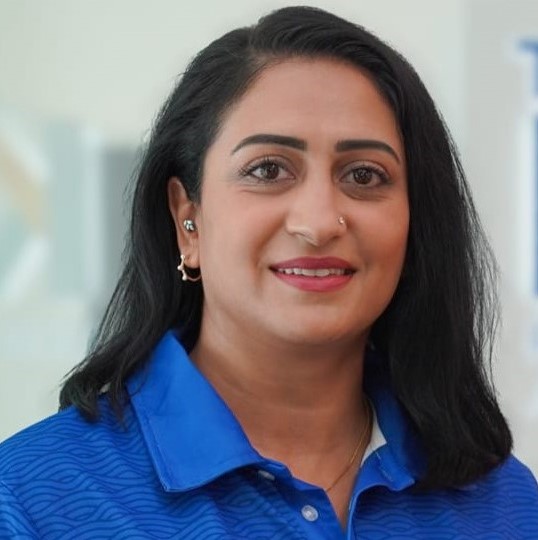
Poonam Pannu
BSc. (Nutrition), BSc. (Health Promotion), MPH, PhD, Registered Public Health Nutritionist (Nutrition Society of Australia)
Research Officer

Sarah Whalan
BSc, Master of Dietetics, PhD (Nutrition)
Data Manager

Jessica Powell
BA, BCom
Communications Specialist

Jack Kennare
BFA, BSc
Research Assistant, The Flourishing Child

Ellen Meagher
BSc, MPH
Project Coordinator, The Flourishing Child

Alexis Harun
BHSc (Psychology)
Paediatric Team Coordinator

Angeline Ho
BSc (Hons) Biotechnology
Governance and Compliance Coordinator

Bec Young
BSc (Nursing), GradCert Clinical Nursing, MMHN
Research Assistant, STARS for Kids

Alex Beesley
BSc (Hons), PhD (Physiology)
Data Analyst

Chantelle Dine
AdvDip OHS, Cert III Pathology Collection
Research Assistant

Dray Fernandez
DipN, Cert III Children’s Services, Cert III Residential & Community Services
Research Assistant

Jack Wong
BHealthSc
Data Officer

Jamie Tan
MBBS, GradDipNeo, FRACP (Paediatrics)
Honorary Team Member
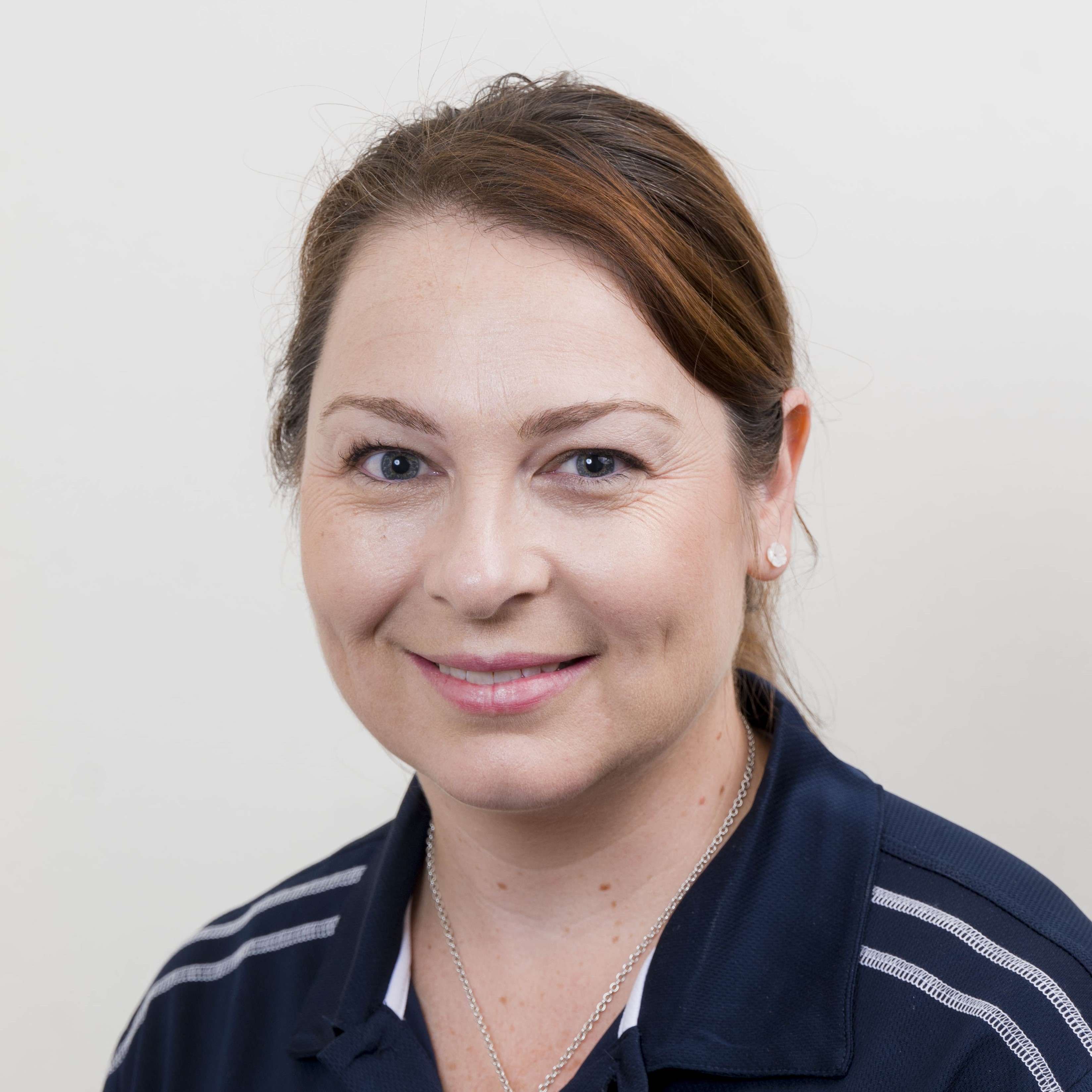
Katie Britton
MBBS, FRACP (Paediatrics), Grad Cert ASD Diagnosis
Honorary Team Member

Sarah De Bruin
BSN
Research Assistant

Sini Borgen
BSc (Hons) Molecular Biology
Research Assistant, STARS for Kids

Wesley Billingham
BSc. (Computer Science), BSc. (Data Science), Graduate Certificate (Predictive Analytics)
Biostatistician

Kristjana Einarsdottir
BSc (Hons), PhD (Epidemiology)
Senior Research Fellow
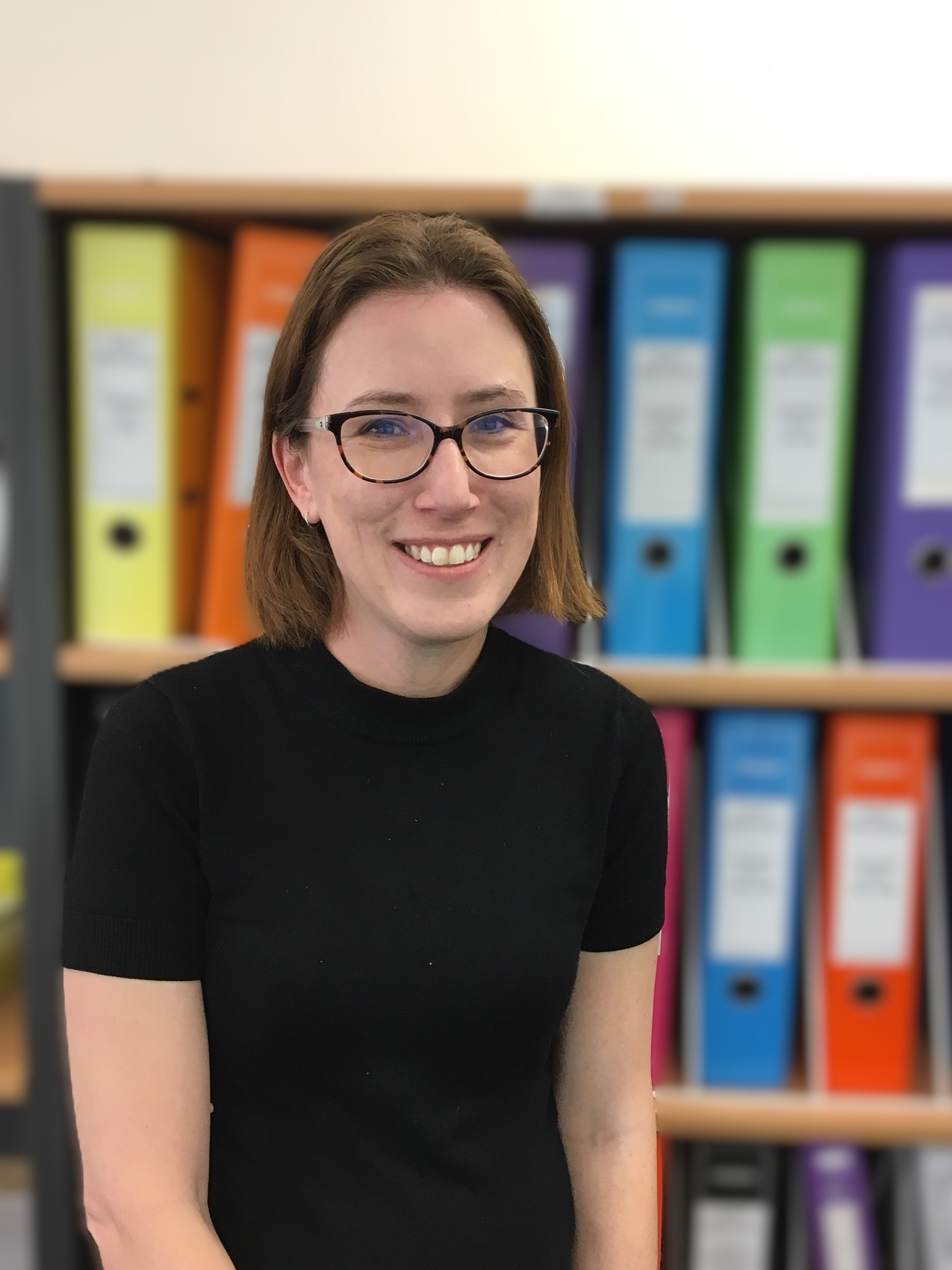
Joanna Brisbane
BSc (Hon), Grad Dip (Genet Couns), MPH
Honorary Team Member

Kasie Jackson
BPsychSc, GradDipPsych
Research Assistant, The Flourishing Child

Natasha Bear
BSc, Masters (Biostatistics)
Honorary Research Fellow

Danielle Summers
BEd (Sec), BAPsych (Hons)
Research Assistant

Alex Scherini
BSc (Nutrition & Food Science)
Data Assistant

Brad Zhang
PhD (Public Health)
Senior Research Fellow

Emma Moon
ProfExecAsst (AIM WA), Grievance Officer Training (EEO Specialists), Cert IV Assessment & Workplace Training
Project Assistant
Featured projects
ORIGINS community wellbeing during the COVID-19 pandemic
Kindy Readiness Project
October 2021
Other projects
Mums Minds Matter Water Quality and the Microbiome Study (TUMS): The effects of chlorinated drinking water on the assembly of the infant gut microbiome The PrEggNut Study – Maternal diet rich in eggs and peanuts to reduce food allergies: a randomised controlled trial The PLAN Project (Pregnancy Lifestyle Activity and Nutrition) The Engage Study: discovering and delighting in your baby - a pilot study The Cardiovascular Risk Evaluation in Expectant Fathers (CARE-Dads) Study All ORIGINS projects
